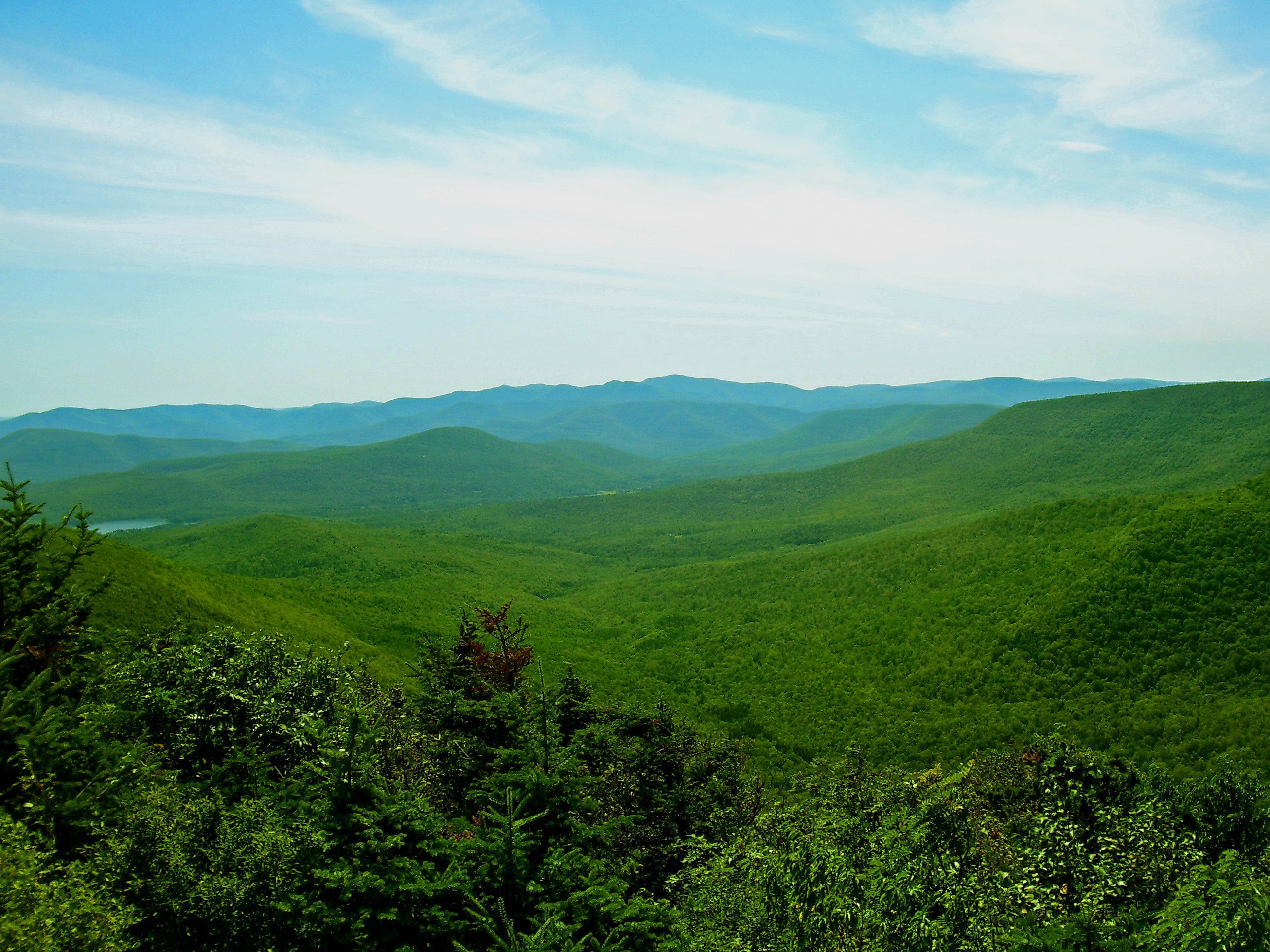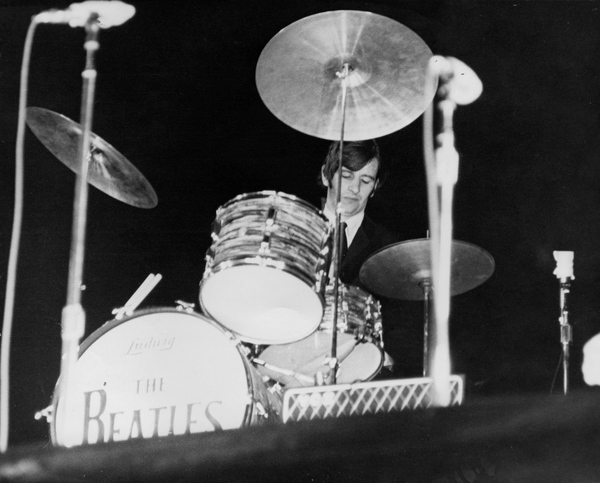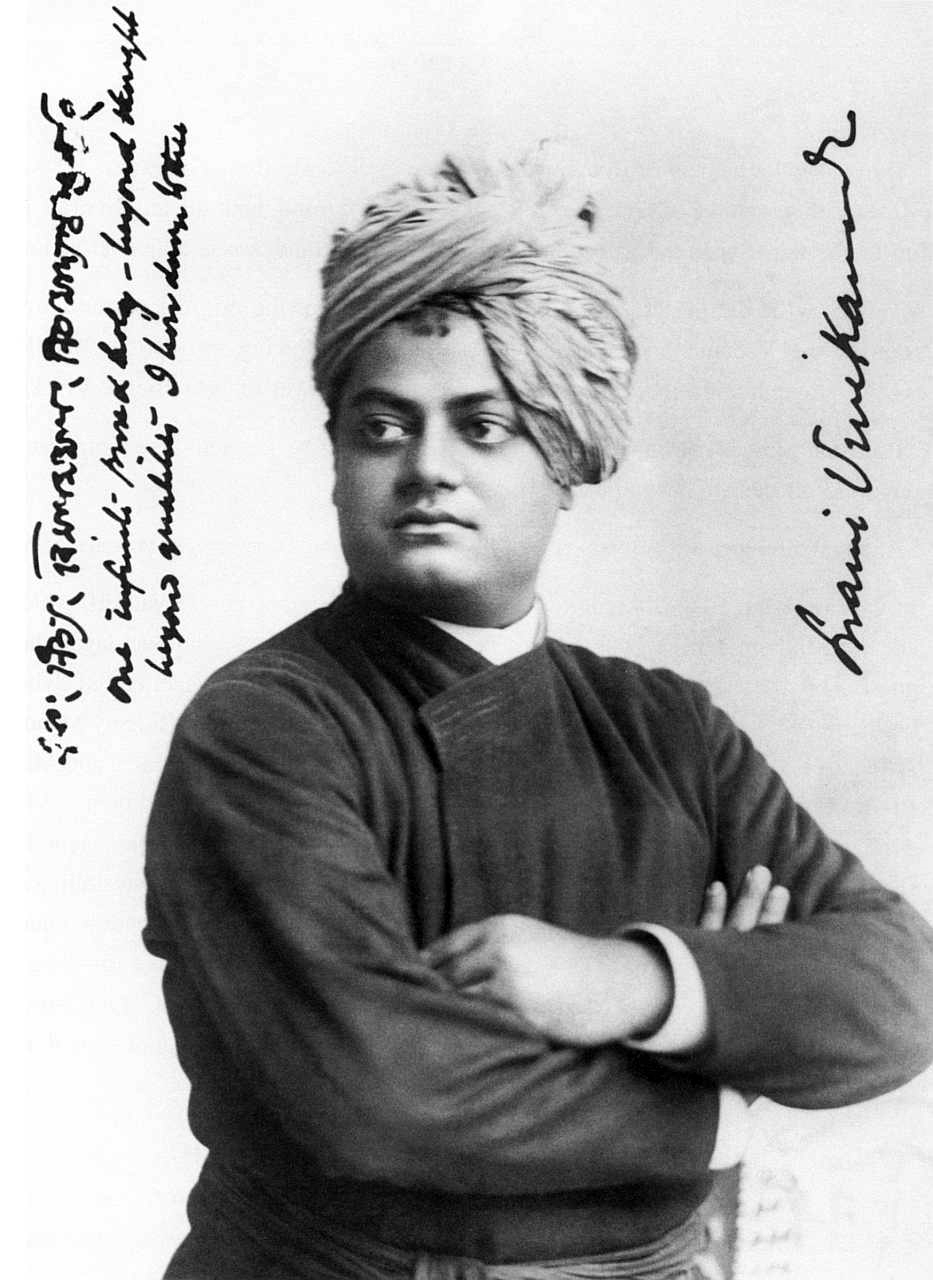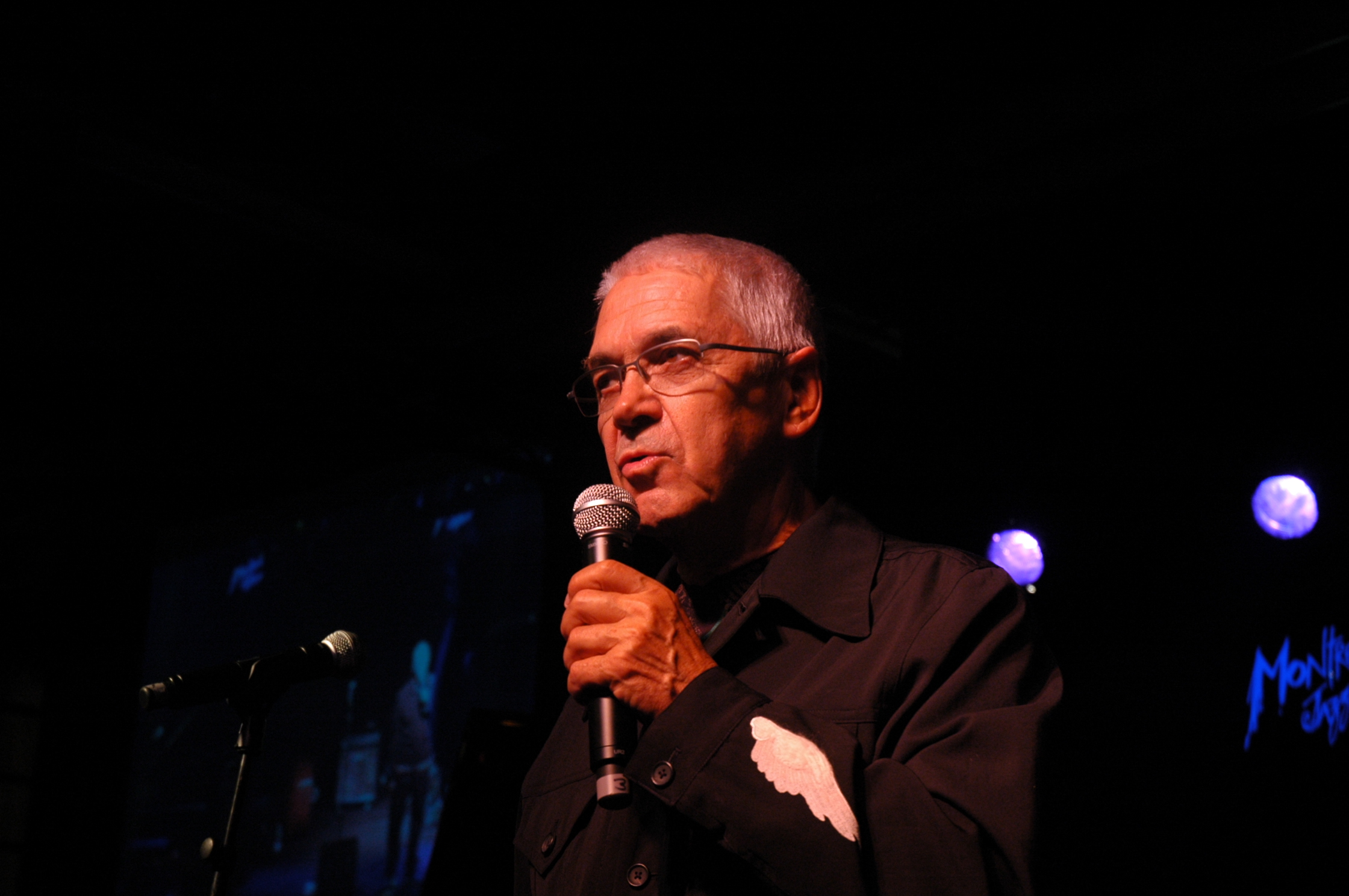|
Let It Be (Laibach Album)
''Let It Be'' is a cover album by the Slovenian avant-garde group Laibach. It was released in 1988 and is a cover of the Beatles' 1970 album ''Let It Be''. It was recorded in Laibach style with military rhythms and choirs, although a few tracks deviate from this formula, most notably "Across the Universe" featuring Anja Rupel of Videosex. The title track is omitted and "Maggie Mae" is replaced by the German folk song "Auf der Lüneburger Heide" in combination with " Was gleicht wohl auf Erden". "For You Blue" begins with Moondog's "Crescent Moon March", which is subsequently used as a counter-melody. "One After 909" includes a small portion of "Smoke on the Water", originally written and recorded by the band Deep Purple. Track listing All songs written by Lennon-McCartney, except where noted. # "Get Back" – 4:25 # " Two of Us" – 4:04 # "Dig a Pony" – 4:40 # "I Me Mine" (George Harrison) – 4:41 # "Across the Universe" – 4:15 # " Dig It" (Lenn ... [...More Info...] [...Related Items...] OR: [Wikipedia] [Google] [Baidu] |
Laibach (band)
Laibach () is a Slovenian and Socialist Federal Republic of Yugoslavia, Yugoslav avant-garde music group associated with the industrial music, industrial, Martial industrial, martial, and Dark wave#Neoclassical dark wave, neoclassical genres. Formed in 1980 in the Mining community, mining town of Trbovlje, Slovenia, at the time a constituent republic within Socialist Federal Republic of Yugoslavia, Laibach represents the musical wing of the Neue Slowenische Kunst (NSK) artist collective, a group which Laibach co-founded in 1984. From the early days, the band was subject to controversies and bans due to their use of iconography with parodies and pastiches of elements from totalitarianism, nationalism and militarism, a concept they have preserved throughout their career. Censored in Yugoslavia, receiving a dissident status and a cult following in their home country, the band embarked on international tours and gradually acquired international fame, which led to wider acceptance by ... [...More Info...] [...Related Items...] OR: [Wikipedia] [Google] [Baidu] |
For You Blue
"For You Blue" is a song by the English rock band the Beatles from their 1970 album ''Let It Be (album), Let It Be''. The track was written by George Harrison as a love song to his wife, Pattie Boyd. It was also the A-side and B-side, B-side to the "The Long and Winding Road, Long and Winding Road" single, issued in many countries, but not Britain, and was listed with that song when the single topped the US Billboard Hot 100, ''Billboard'' Hot 100 and Canada's national chart in June 1970. On the Cashbox (magazine), ''Cash Box'' Top 100 chart, which measured the US performance of single sides individually, "For You Blue" peaked at number 71. The song is a twelve-bar blues in the country blues style. When writing "For You Blue", Harrison was partly influenced by his stay with Bob Dylan and the Band in Woodstock, New York, Woodstock over November–December 1968. Whereas that visit had been a musically rewarding experience for Harrison, the Beatles first worked on the song amid an ... [...More Info...] [...Related Items...] OR: [Wikipedia] [Google] [Baidu] |
Richard Starkey
Sir Richard Starkey (born 7 July 1940), known professionally as Ringo Starr, is an English musician, songwriter and actor who achieved international fame as the drummer for the Beatles. Starr occasionally sang lead vocals with the group, usually for one song on each album, including "Yellow Submarine (song), Yellow Submarine" and "With a Little Help from My Friends". He also wrote and sang the Beatles songs "Don't Pass Me By" and "Octopus's Garden", and is credited as a co-writer of four others. Starr was afflicted by life-threatening illnesses during childhood, with periods of prolonged hospitalisation. As a teenager Starr became interested in the UK skiffle craze and developed a fervent admiration for the genre. In 1957, he co-founded his first band, the Eddie Clayton Skiffle Group, which earned several prestigious local bookings before the fad succumbed to American rock and roll around early 1958. When the Beatles formed in 1960, Starr was a member of another Liverpool gr ... [...More Info...] [...Related Items...] OR: [Wikipedia] [Google] [Baidu] |
Dig It (The Beatles Song)
"Dig It" is a song by the English rock band the Beatles from their 1970 album ''Let It Be (album), Let It Be''. The song is credited to John Lennon, Lennon/Paul McCartney, McCartney/George Harrison, Harrison/Ringo Starr, Starkey, and is one of the few songs to be credited to all of the Beatles. This song and the 39-second "Maggie May (traditional song), Maggie Mae" appear on the ''Let It Be'' album, but are excluded from the ''Let It Be... Naked'' album, instead being replaced with "Don't Let Me Down (The Beatles song), Don't Let Me Down". Glyn Johns' May 1969 version of the album, then titled ''Get Back'', had a four-minute excerpt of "Dig It", which was later reduced to the much shorter version in the final album. Recording Several versions were recorded during the Let It Be (album), ''Get Back''/''Let It Be'' sessions, on 24, 26, 27, 28, and 29 January 1969, at Apple Corps, Apple Studio. The 51-second version on the album is an extract taken from the 26 January version, which w ... [...More Info...] [...Related Items...] OR: [Wikipedia] [Google] [Baidu] |
George Harrison
George Harrison (25 February 1943 – 29 November 2001) was an English musician, singer and songwriter who achieved international fame as the lead guitarist of the Beatles. Sometimes called "the quiet Beatle", Harrison embraced Culture of India, Indian culture and helped broaden the scope of popular music through his incorporation of Indian instrumentation and Hindu-aligned spirituality in the Beatles' work. Although most of the band's songs were written by Lennon–McCartney, John Lennon and Paul McCartney, most Beatles albums from 1965 onwards contained at least two Harrison compositions, including "Taxman", "Within You Without You", "While My Guitar Gently Weeps", "Something (Beatles song), Something" and "Here Comes the Sun". Harrison's earliest musical influences included George Formby and Django Reinhardt; subsequent influences were Carl Perkins, Chet Atkins and Chuck Berry. By 1965, he had begun to lead the Beatles into folk rock through his interest in Bob Dylan ... [...More Info...] [...Related Items...] OR: [Wikipedia] [Google] [Baidu] |
I Me Mine
"I Me Mine" is a song by the English rock band the Beatles from their 1970 album '' Let It Be''. Written by George Harrison, it was the last new track the group recorded before their break-up in April 1970. The song originated from their January 1969 rehearsals at Twickenham Film Studios when they were considering making a return to live performance. Written at a time of acrimony within the group, the lyrics lament humankind's propensity for self-centredness and serve as a comment on the discord that led to Harrison temporarily leaving the Beatles. The musical arrangement alternates between waltz-time verses and choruses played in the hard rock style. The song reflects Harrison's absorption in Hindu texts such as the ''Bhagavad Gita'' and their denouncement of ego in favour of universal consciousness. When Harrison presented "I Me Mine" at Twickenham, John Lennon showed little interest and instead waltzed with Yoko Ono while the other Beatles rehearsed the song. Footage of the ... [...More Info...] [...Related Items...] OR: [Wikipedia] [Google] [Baidu] |
Dig A Pony
"Dig a Pony" is a song by the English rock band the Beatles from their 1970 album ''Let It Be''. It was written by John Lennon and credited to Lennon–McCartney. The band recorded the song on 30 January 1969, during their rooftop concert at the Apple Corps building on Savile Row in central London. Composition "Dig a Pony" is in the key of A major and in 3/4 time. It was originally called "All I Want Is You". John Lennon said the song was "a piece of garbage", though he expressed similar scorn for many of his songs. It was written for his soon-to-be wife Yoko Ono, and features a multitude of strange, seemingly nonsensical phrases strung together in what Lennon referred to as a Bob Dylan style of lyric. In author Ian MacDonald's description, the lyrics "celebrat countercultural claims that society's old values and taboos were dead, that life was a game and art a free-for-all, and (especially) that words meant whatever the hell one wished them to". "Dig a Pony" was among the fi ... [...More Info...] [...Related Items...] OR: [Wikipedia] [Google] [Baidu] |
Two Of Us (The Beatles Song)
"Two of Us" is a song written by Paul McCartney and credited to the Lennon–McCartney partnership. The song was recorded by the Beatles on 31 January 1969. "Two of Us" was originally released as the opening track on ''Let It Be'' (1970) and a remix of that recording was later included on '' Let It Be... Naked'' (2003). An outtake of the song, recorded on 24 January 1969, was released on ''Anthology 3'' (1996). The song's title was used for the 2000 TV movie '' Two of Us'', which depicts a fictionalized version of a 1976 reunion between McCartney and Lennon. History McCartney wrote this song about his travel adventures with his then-girlfriend, Linda Eastman, whom he married in March 1969. As the Beatles were breaking up, it took on new meaning as a gesture of affection to Lennon. The song was originally titled "On Our Way Home". Ian MacDonald suggested that the lyrics (e.g.: "you and I have memories/longer than the road that stretches out ahead" or "you and me chasing paper/ ... [...More Info...] [...Related Items...] OR: [Wikipedia] [Google] [Baidu] |
Get Back
"Get Back" is a song recorded by the English rock band the Beatles and Billy Preston, written by Paul McCartney, and credited to the Lennon–McCartney partnership. It was originally released as a single on 11 April 1969 and credited to "The Beatles with Billy Preston". The song is one of the few examples of John Lennon featuring prominently as lead guitarist. The album version of this song contains a different mix that features a studio chat between Paul McCartney and John Lennon at the beginning, which lasts for 20 seconds before the song begins, also omitting the coda featured in the single version, and with a final dialogue taken from the Beatles' rooftop concert. This version became the closing track of '' Let It Be'' (1970), which was released just after the group split up. The single version was later issued on the compilation albums ''1967–1970'', '' 20 Greatest Hits'', '' Past Masters'', and '' 1''. The single reached number one in the United Kingdom, the United Sta ... [...More Info...] [...Related Items...] OR: [Wikipedia] [Google] [Baidu] |
Deep Purple
Deep Purple are an English rock band formed in London in 1968. They are considered to be among the pioneers of heavy metal music, heavy metal and modern hard rock, although their musical style has varied throughout their career. Originally formed as a psychedelic rock and progressive rock band, they shifted to a heavier sound with their 1970 album ''Deep Purple in Rock''. Deep Purple have been referred to as being part of the "unholy trinity of British hard rock and heavy metal in the early to mid-'70s", alongside Led Zeppelin and Black Sabbath. Listed in the 1975 ''Guinness World Records, Guinness Book of World Records'' as "Loudest band, the globe's loudest band" for a 1972 concert at London's Rainbow Theatre, they have sold over 100 million records worldwide. Deep Purple have also generated several successful spinoff bands, including Rainbow (rock band), Rainbow, Whitesnake, and Gillan (band), Gillan. Deep Purple were founded by vocalist Rod Evans, guitarist Ritchie Bla ... [...More Info...] [...Related Items...] OR: [Wikipedia] [Google] [Baidu] |
Smoke On The Water
"Smoke on the Water" is a song by English rock band Deep Purple, released on their 1972 studio album '' Machine Head''. The song's lyrics are based on true events, chronicling the 1971 fire at Montreux Casino in Montreux, Switzerland. It is considered the band's signature song and its guitar riff is considered to be one of the most iconic in rock history. In 2004, ''Rolling Stone'' magazine placed "Smoke on the Water" number 434 on its list of the " 500 Greatest Songs of All Time". '' Total Guitar'' magazine ranked the song's riff number 4 on its "Greatest Guitar Riffs Ever" list, and in March 2005, ''Q'' magazine placed it at number 12 in its list of the 100 greatest guitar tracks. In 2017, the song was inducted into the Grammy Hall of Fame. Composition "Smoke on the Water" is easily identified by its central theme, developed by guitarist Ritchie Blackmore. It is a four-note blues scale melody in G minor, harmonised in parallel fourths. The riff, played on a Fender ... [...More Info...] [...Related Items...] OR: [Wikipedia] [Google] [Baidu] |




